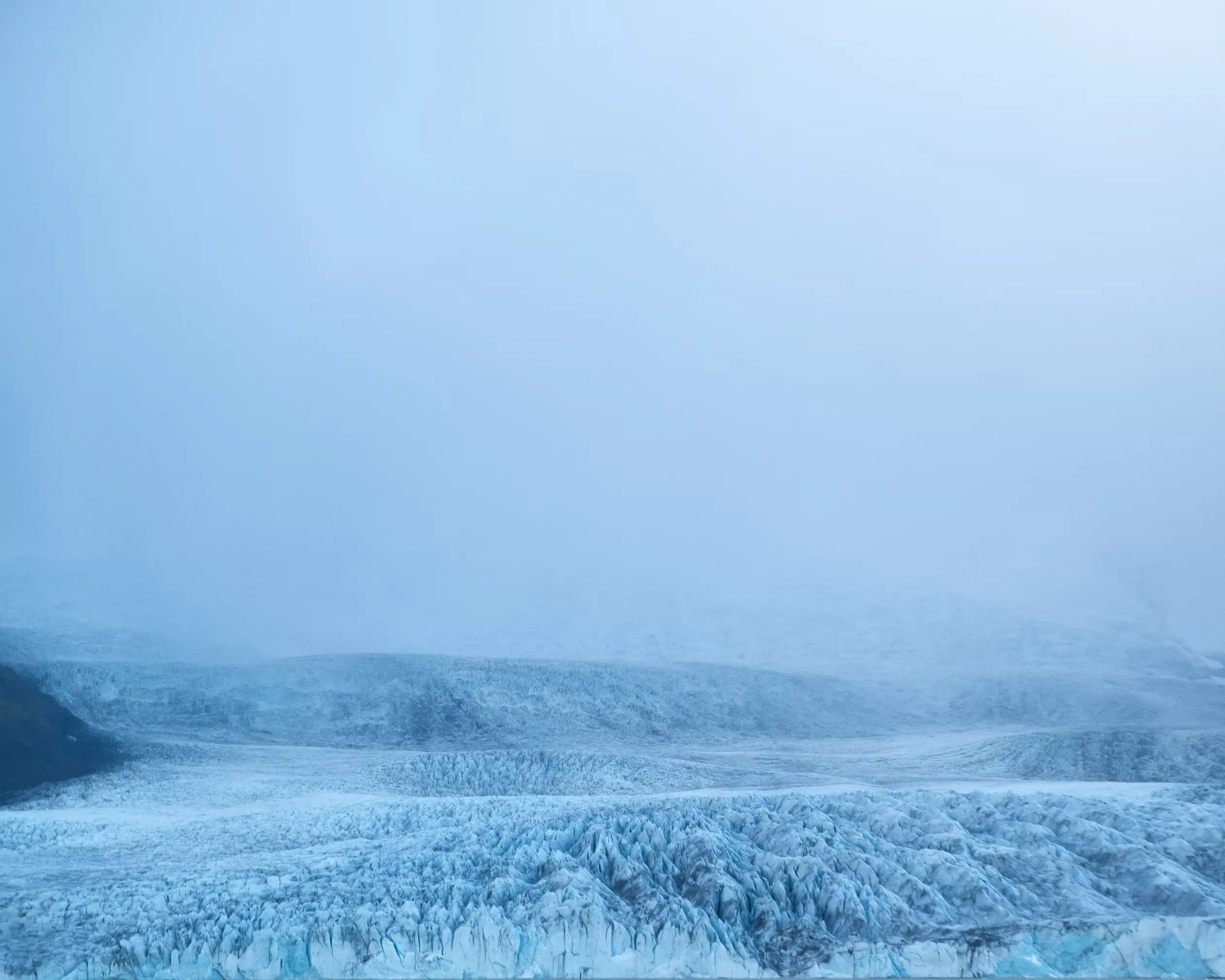Arctic Ice-Free Day: A Looming Climate Change Milestone! A new study analyzing 300 climate simulations suggests that the Arctic Ocean could experience its first ice-free day as early as 2027. While most projections place this event between 8 and 19 years from now, some models indicate a significantly earlier occurrence.
The Arctic has been losing sea ice rapidly due to climate change, with warming occurring four times faster than the global average. The loss of reflective ice accelerates warming, creating a feedback loop.
While the first ice-free day itself won’t cause a sudden catastrophe, it signifies a significant shift in the Arctic ecosystem. It will likely lead to faster ice melt, impacting weather patterns globally and potentially intensifying extreme weather events.
Key Findings:
- Rapid Ice Loss: Arctic sea ice has declined by 12% per decade, primarily driven by human-caused greenhouse gas emissions.
- Early Ice-Free Day: Some models predict the first ice-free day within the next three years, while most suggest it will occur within the next 11-28 years.
- Accelerated Warming: An ice-free Arctic will lead to increased ocean warming, further accelerating ice melt and potentially intensifying global weather patterns.
Addressing Climate Change:
The researchers emphasize the crucial need for significant reductions in greenhouse gas emissions to mitigate the impacts of climate change and delay the onset of an ice-free Arctic.
Disclaimer: This summary is for informational purposes only and does not constitute professional advice.




